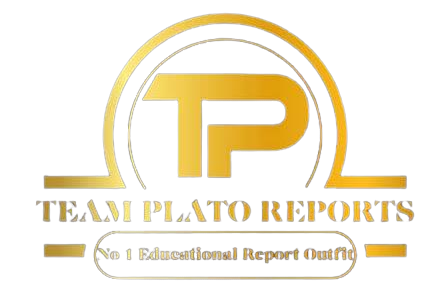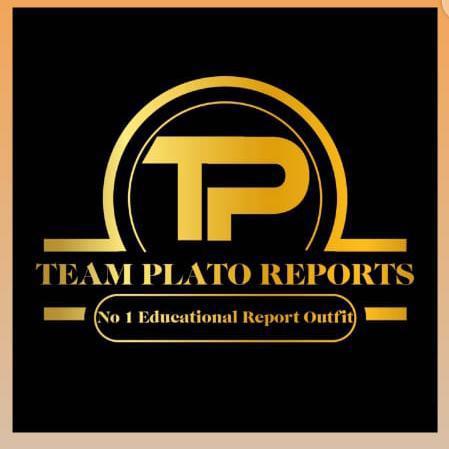There are two important rituals in the life of university students: The ritual of matriculation and the ritual of convocation. The former formally admits students into university and initiates them into university life and cultural practices, while the latter functions both as the ritual of graduation and as initiation into the world of work. They are occasions for family and friends to celebrate with the students. This is especially true of the ritual of convocation, which is often accompanied by pomp and pageantry within and beyond the university.
The psychological trauma on stakeholders can only be imagined, if a planned convocation were suddenly cancelled within days of the ceremony. Everyone is disappointed, including those involved in the preparations; students, who have been looking forward to the event; and their parents and well wishers, who are ready to party with them. Graduands and their parents are suddenly derailed from their plans, which may have included purchase of airplane tickets, advance payments to caterers, hotel and hall reservations, and so on.
There is yet another reason to keep UNILAG’s 51st convocation ceremonies on track. The 50th convocation ceremony before it was postponed to avoid possible disruption by the university unions on strike at that time.
None of the above considerations seemed to have mattered to those who postponed the university’s well-planned and nationally advertised 51st convocation, scheduled for March 9-12, 2020. The arrangements were cancelled on Thursday, March 5, 2020 on the allegation by the Chairman of the Governing Council, Dr. Wale Babalakin, SAN, that the Council was not duly carried along. The claim is the stuff of investigative journalism, and what investigators found isn’t pretty.
Minutes of Council meetings are said to indicate that the budget and date of the convocation as well as the convocation lecturer and the list of honorary graduands were discussed by the Council. Babalakin is however, right that he was not fully aware of some of the details of the arrangements, such as the final change in the convocation lecturer by the Senate (because the last Council meeting preceded that of the Senate); the contents of the invitation letter sent to invitees; and the programme of the convocation ceremony. He duly complained to the VC in his letter of February 28, 2020.
In truth, these excuses are not sufficient reasons for postponing the convocation. According to established university practice, convocations are academic rituals. As such, their arrangements fall squarely on the university senate, the convocation committee, and the university management. The VC and the Registrar are central to these arrangements.
The convocation ceremony itself is chaired by the Chancellor of the University and the lead actor during the ceremony is the University Registrar, who controls turn-taking at the ceremony. There are laid down procedures for convocation rituals and the dates of their performances are normally stated on the university calendar. Moreover, there are standing templates for the invitation and convocation programme, about which Babalakin cannot claim ignorance.
The above notwithstanding, courtesy demands that the Council Chairman be carried along. This should not have been difficult for the VC to do since he is the Chairman of Senate. It simply would have been the case of one Chairman informing another! Alternatively, the Registrar, in consultation with the VC, could have informed the Chairman of Council of the final arrangements for the convocation. After all, the Registrar is statutorily the Secretary to both Council and Senate. There are far too many avenues for communication these days that no one, who should know, should be kept in the dark. If you don’t like the face of the other person, send an email and attach necessary documents. It is all a matter of courtesy.
These lapses assume significance because the triangular relationships among the Council Chairman, the VC, and the Registrar are not as smooth as they should be. The communication line appears broken between the Council Chairman and the VC, on the one hand, and between the VC and the Registrar, on the other hand.
The fallout includes the alleged exclusion of the VC in preparing the agenda for Council meetings and the non-inclusion of his quarterly situation report on the agenda. Yet the VC is the Chief Executive Officer of the university, who is in a position to know virtually everything on campus, either by himself or through appropriate surrogates or delegates, including his Deputies, the Registrar, Deans, Directors, and Heads of Departments. The Chairman of Council needs the VC’s cooperation just as the VC needs his and that of the Registrar for the smooth running of university affairs.
Babalakin is culpable for the postponement of the convocation to the extent that he did not act his position well in two ways. First, he over-reacted to non-substantive, internal matters, such as, I didn’t know about this and I didn’t know about that. If he was not satisfied with the VC’s March 2 response to his memo of February 28, the postponement of the convocation was not the appropriate reaction, just as the local branch of the Academic Staff Union of Universities went overboard in declaring the Babalakin persona non grata. Neither action bodes well for the university’s image.
Second, Babalakin erred in referring the matter to the Minister of Education, who, without investigation, ordered the National Universities Commission to postpone the event. With the incursions of the NUC and the Joint Admissions and Matriculation Board on university autonomy, Babalakin’s action has further diminished whatever is left of university autonomy by draggiing the Ministry of Education into the fray.
Unless there are other underlying issues, it would appear that the festering misunderstanding among the trio of the Council Chairman, the VC, and the Registrar underlies Babalakin’s actions. It is like the case of a couple in perpetual dispute. Every action by the other spouse is mapped onto the festering feud.
This situation has to be rectified immediately by the appropriate bodies, especially the Alumni Association to which both the Chairman of Council and the VC also belong. This is necessary in order to avoid further dent on the UNILAG brand. In this age of competitive admission offers, university jobs, industrial relations, and world ranking, image has become a critical factor in decision-making.
The burden is on Babalakin as Council Chairman, to leave behind an enviable, rather than a detestable, image for UNILAG, his alma mater.
Related
Balogun Adeboye
Related posts
Subscribe
* You will receive the latest news and updates on from TEAM PLATO REPORTS
Quick Cook!
ALL YOU NEED TO KNOW ABOUT UNILORIN POST UTME – TAIWO OLALERE O. (PREMIER)
SECTION A 🔥 A Must Read For All UNILORIN Aspirants. ALL YOU NEED TO KNOW ABOUT UNILORIN POST UTME –…
Subscribe Now
Subscribe to get latest news from Team Plato directly in your mail



